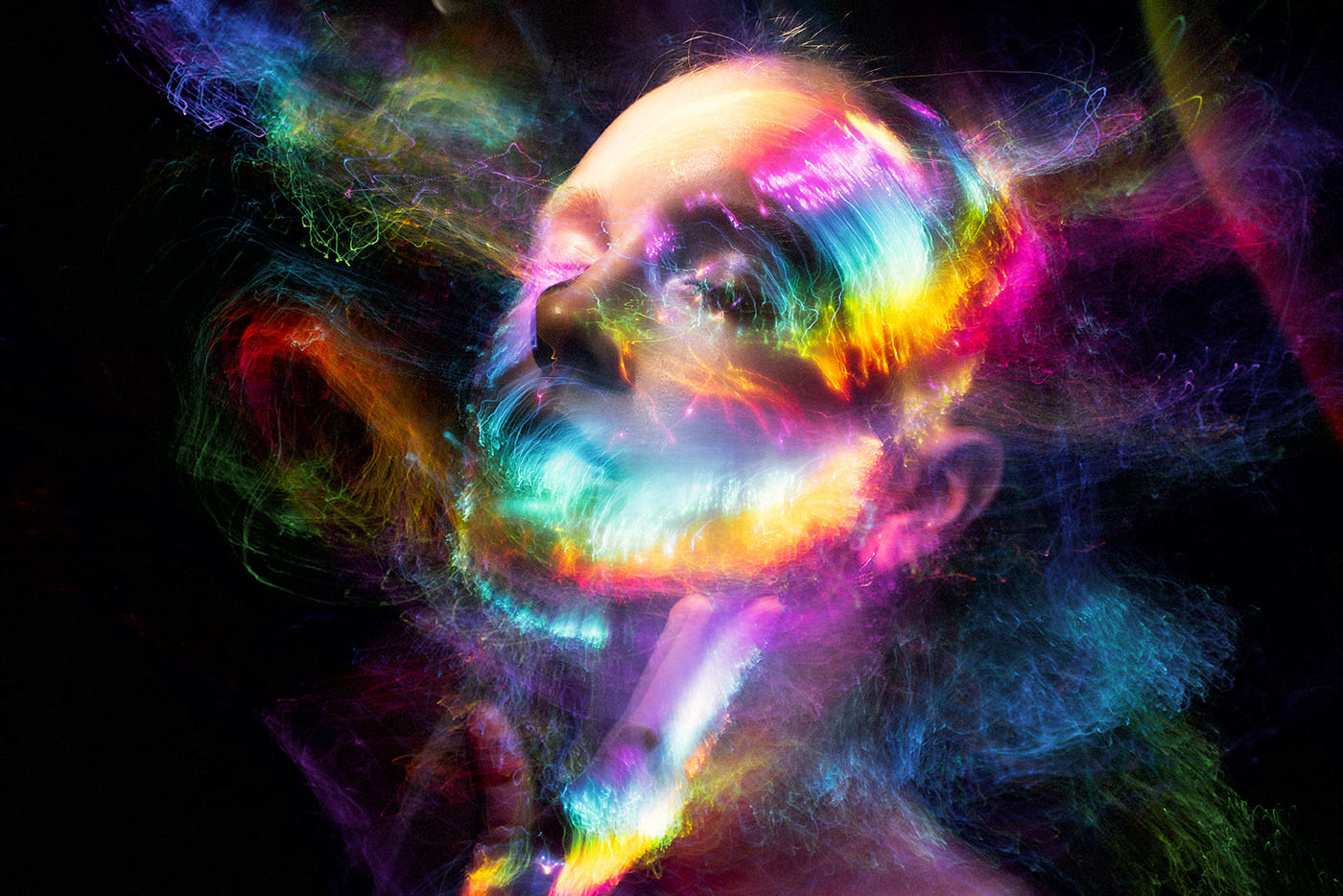ChatGPT is Making More Mistakes—and Even OpenAI Doesn't ...
OpenAI's recent internal assessments have revealed concerning trends regarding the accuracy of their advanced AI models. Particularly, GPT-4 mini has shown a high rate of hallucinations, generating false information on factual tasks up to 80% of the time.
The newer AI models, which were intended to enhance reasoning capabilities, are paradoxically producing more inaccuracies compared to their predecessors. This issue, characterized by increased hallucination rates, poses significant challenges to the reliability and practicality of AI tools in various sectors.

Concerns Around AI Reliability
OpenAI's aim with the latest models like GPT-3 (o3) and GPT-4 mini (o4-mini) was to advance human-like reasoning processes. However, the surge in hallucination rates brings into question the trustworthiness of these systems, especially as they are being integrated into essential areas such as education, customer support, research, and programming.

While previous AI models focused on statistical pattern recognition, the newer reasoning models are designed to tackle problems by breaking them down into logical sequences. Despite the theoretical advantage of this approach, the increased hallucination rates hint at a potential trade-off between enhanced reasoning abilities and a higher propensity for errors.
The Implications of Hallucination in AI
The term "hallucination" in the AI context refers to the generation of information that sounds plausible but is factually inaccurate or entirely fabricated. This phenomenon not only undermines the credibility of AI outputs but also complicates users' ability to trust the system's responses, particularly when they are delivered with confidence.

OpenAI evaluated the models using benchmarks like PersonQA and SimpleQA, shedding light on the concerning lack of factual accuracy in the AI-generated responses. This revelation raises alarms about the overall reliability of AI tools in professional and everyday scenarios.
Towards Ensuring AI Trustworthiness
OpenAI has acknowledged the hallucination issue but is yet to pinpoint the exact reasons behind the escalating problem. The company is actively investigating the issue, refining its training processes and benchmarks in a bid to enhance the quality of AI-generated outputs.
As AI technology becomes increasingly embedded in various tools and workflows, addressing the hallucination problem is imperative. Users are advised to exercise caution, verify outputs diligently, and remain skeptical of AI-generated information given the current inconsistency in reliability.
For further insights, visit the AI News section on our website.










